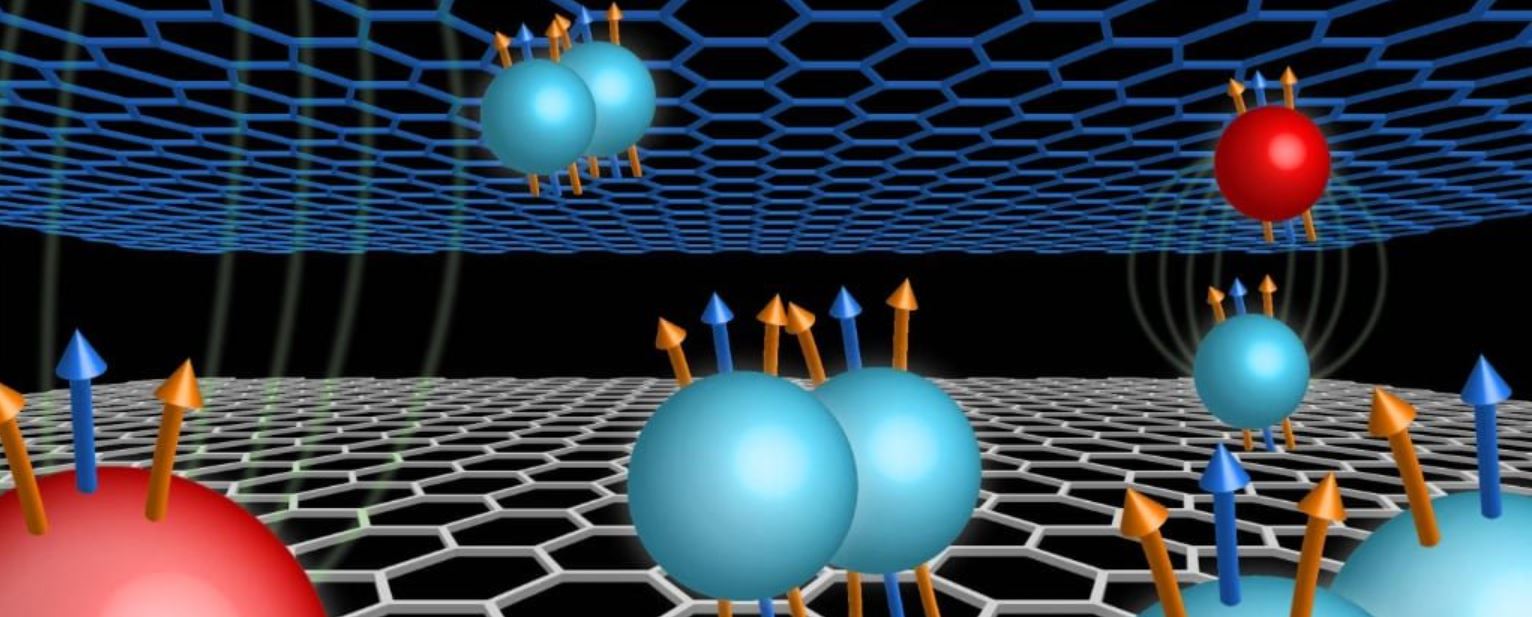 Hey there! If you’re curious about the latest in quantum research, you’re in for a treat. Scientists have recently developed a novel approach to uncovering the elusive fractional quantum Hall (FQH) effect in graphene. This discovery could be a game-changer for the field of quantum computing.
Hey there! If you’re curious about the latest in quantum research, you’re in for a treat. Scientists have recently developed a novel approach to uncovering the elusive fractional quantum Hall (FQH) effect in graphene. This discovery could be a game-changer for the field of quantum computing.
So, what’s the big deal? Well, the FQH effect is a rare quantum state that electrons can form under extreme conditions. It’s crucial for the next generation of topological quantum computers, which promise to be more stable and less prone to errors than the ones we have now. Traditionally, researchers have relied on measuring electrical resistivity to study these states, but that method has its limitations.
Enter thermopower. This technique measures the voltage generated when one side of a material is heated more than the other, causing electrons to migrate towards the cooler side. According to Fereshte Ghahari, a physics professor at George Mason University, by measuring this voltage, or thermopower, scientists can get a better understanding of the system’s entropy. This relationship between thermopower and entropy provides deeper insights into FQH states than resistivity measurements alone.
The research team put their theory to the test using Bernal-stacked bilayer graphene. This specific alignment of graphene layers allows for unique electron movement, and their thermopower measurements revealed FQH states with remarkable sensitivity—something previous methods couldn’t achieve.
What’s exciting about this new technique is its potential to explore other correlated and topological states in graphene and beyond. While the implications for future quantum technology are significant, the researchers acknowledge that further exploration is needed to see how this method applies to other exotic quantum states.








